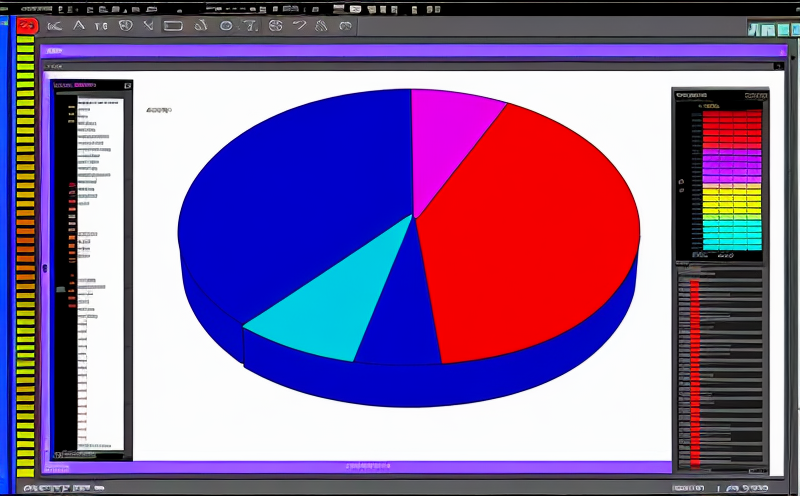ASTM E1640 Dynamic Mechanical Thermal Analysis of Polymers
The ASTM E1640 standard practice provides a precise method to determine the thermal and mechanical properties of polymers under dynamic conditions. This test is essential for quality managers, compliance officers, R&D engineers, and procurement teams as it aids in understanding how materials behave at various temperatures and frequencies. The technique measures the storage modulus (G'*) and loss modulus (G''*) over a range of temperatures.
Dynamic Mechanical Thermal Analysis (DMTA) is particularly useful for polymers that undergo phase transitions, such as glass transition or melting. By applying small amplitude oscillatory shear stress to the sample while heating it at a constant rate, DMTA can provide insights into the viscoelastic properties of materials. This information is crucial for optimizing polymer formulations and ensuring product performance under diverse conditions.
The ASTM E1640 method allows for the characterization of both amorphous and semi-crystalline polymers. For amorphous polymers, it helps in identifying the glass transition temperature (Tg) where the material transitions from a rubbery to an elastic state. In semi-crystalline polymers, it can reveal details about crystallinity and melting behavior.
Preparation of specimens for ASTM E1640 typically involves cutting samples into thin strips or plates with dimensions that ensure uniform heating throughout the test. The samples should be free from defects to prevent misleading results. Calibration standards are used to ensure accuracy in temperature measurement, which is critical given the sensitivity of the DMTA technique.
The testing process itself requires a balance between temperature and frequency sweep rates. A typical setup involves heating the sample at a controlled rate while applying stress in the form of oscillatory shear strain. The resulting stress-strain data are analyzed to extract thermal and mechanical properties.
- Customer Impact and Satisfaction:
- Enhanced product quality through precise material characterization.
- Improved process efficiency by identifying optimal processing temperatures.
- Reduced development time for new products with accurate property data.
- Better compliance with regulatory standards ensuring market access.
The ASTM E1640 test is a cornerstone in the polymer science and engineering community, providing valuable insights that can lead to innovations and improvements in product design. It enables industries like automotive, electronics, and aerospace to select materials that meet stringent performance requirements under various environmental conditions.
Eurolab Advantages
EuroLab offers unparalleled expertise in ASTM E1640 testing for polymers through its state-of-the-art facilities equipped with advanced DMTA equipment. Our team of experienced professionals ensures that every test is conducted under stringent quality control measures, guaranteeing accurate and reliable results.
Our services extend beyond mere compliance testing; we provide comprehensive support to our clients by offering detailed technical reports and advice on material selection based on the test outcomes. This proactive approach allows our customers to make informed decisions about their polymer applications, thereby enhancing overall product performance.
The reliability of our tests is further bolstered by adherence to international standards such as ASTM E1640, ensuring consistency across all our services. Additionally, we maintain close collaboration with industry leaders and research institutions, staying at the forefront of technological advancements in thermal analysis.
Why Choose This Test
The ASTM E1640 Dynamic Mechanical Thermal Analysis (DMTA) is indispensable for understanding the complex behavior of polymers. It enables a detailed examination of how these materials respond to temperature and frequency changes, which is vital in industries where material performance at diverse conditions is critical.
For quality managers, this test ensures that products meet stringent quality benchmarks, enhancing customer satisfaction by delivering reliable and consistent goods. Compliance officers benefit from the accurate data provided by ASTM E1640, ensuring adherence to regulatory requirements and facilitating smooth market entry processes.
R&D engineers can leverage the insights gained from DMTA tests to innovate and refine product designs, leading to improved functionality and durability. In procurement, this method helps in selecting suppliers who meet high standards of material quality and performance, thereby minimizing risks associated with substandard materials.





